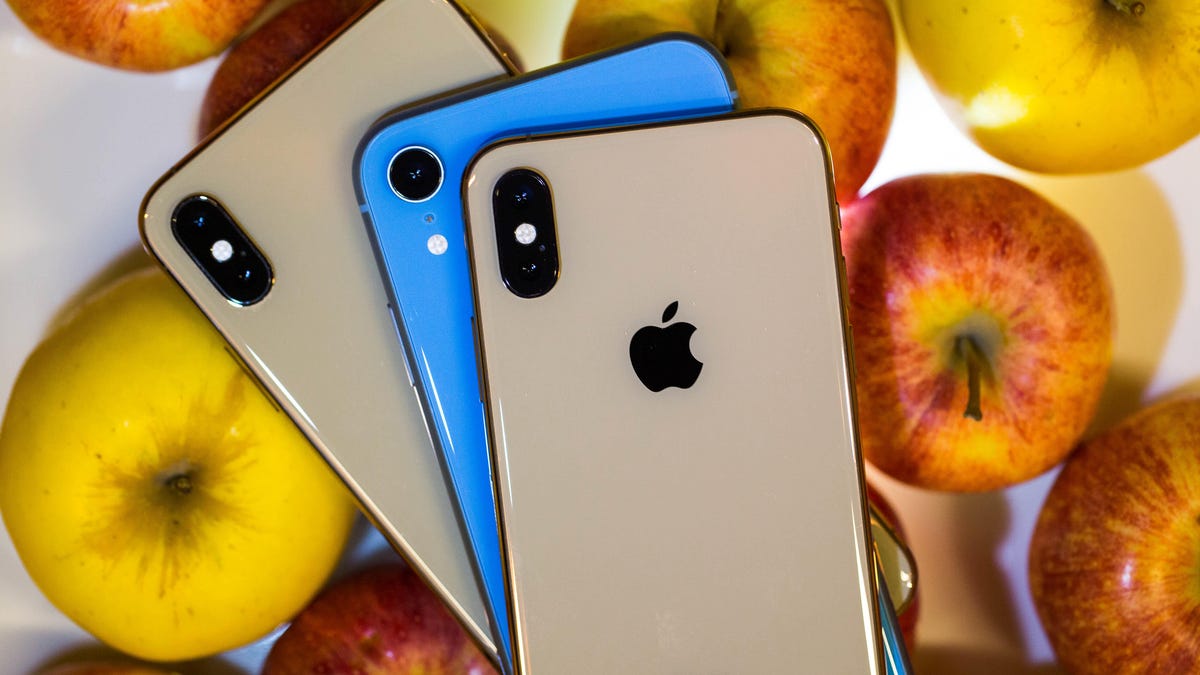Apple sued for alleged patent infringement over iOS low-power mode
The tech giant is also being sued over facedown detection.

Apple is facing a lawsuit over some of its battery-saving features used in iOS.
Apple is being sued for alleged patent infringement tied to its iOS low-power mode, core location and facedown detection across the iPhone and iPad. The lawsuit, spotted earlier by Patently Apple, claims the iPhone maker has benefited from improvements to its devices' battery life as a result of the alleged infringements.
Apple introduced Low Power Mode and facedown detection back in 2015 with iOS 9 . The first modifies the amount of energy a device dedicates to background services when it's on 20% or less battery, once a user enables it. When the device is charged above 20%, the energy-saving feature turns itself off.
Facedown detection then detects your device's orientation when it's placed face down on a surface, whether on a desk or a bed, and forgoes lighting up the screen when a push notification arrives.
"Each of the asserted patents generally claims improvements in battery conservation of portable electronic devices," LBT's lawsuit alleges. "Filed between 2008 and 2012, they were originally assigned to Location Based Technologies, Inc., who commercialized the claimed technology in its PocketFinder GPS devices."
The patents LBT says it owns, and that are allegedly being infringed, relate to "apparatus and method for adjusting refresh rates of location coordinates or a tracking device" and to "apparatus and method for determining location and tracking coordinates of a tracking device".
"The accused products include all Apple devices, including iPhones and iPads , that have a low power mode, core location feature and/or facedown detection mode," the suit alleges, adding that battery-saving features are now a "critical aspect" when consumers make purchasing decisions for phones and tablets .
LBT said it warned Apple of the patent infringement in a letter on June 24, and is seeking royalties and damages.
Apple didn't immediately respond to a request for comment.

